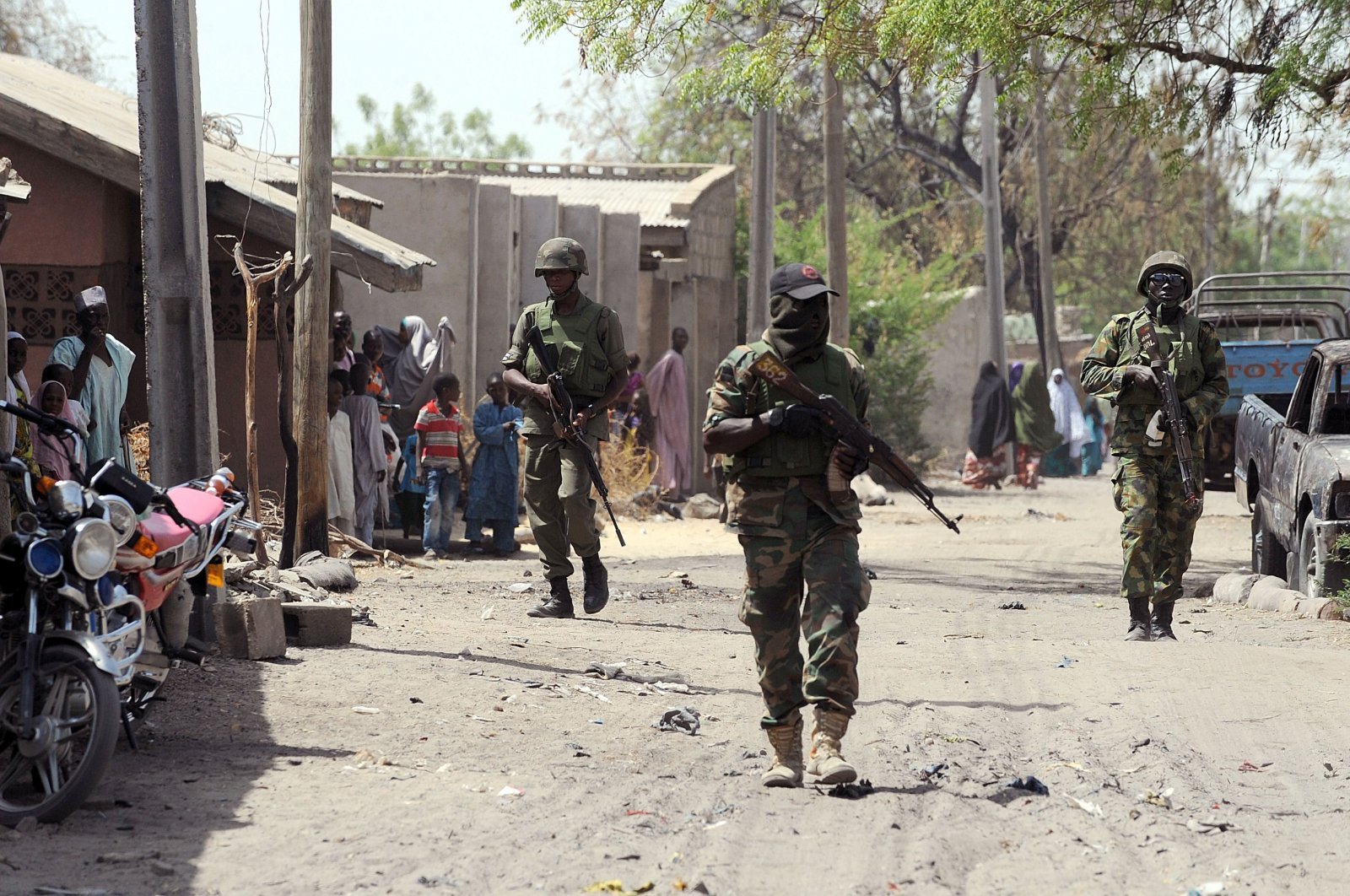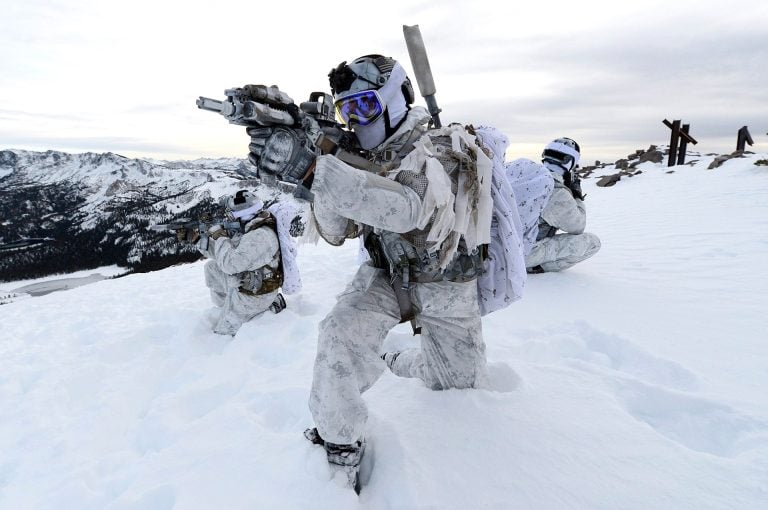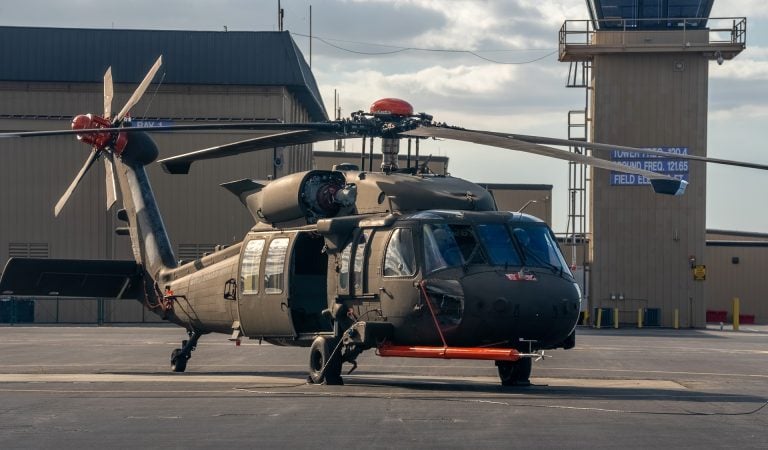Attacks in Plateau state, Nigeria, have resulted in the deaths of at least 20 individuals within a week, according to local government and humanitarian sources. This recent surge in violence has once again highlighted the ongoing tensions in a region historically marked by clashes between nomadic herders and settled farmers.
Local government council chairman Emmanuel Bala informed AFP that the violence erupted following a sequence of conflicts connected to mining activities in the tin-rich area. “Sometime ago the natives were mining, they were attacked” with machetes, he explained, although that initial attack resulted in no fatalities. However, it seems to have instigated a cycle of retaliatory violence, culminating in three separate assaults on Monday and Tuesday that left many dead.
On Tuesday night, the village of Chinchin became the site of an attack by suspected Fulani assailants, resulting in eight deaths. This followed another incident on Monday near Langai, where five people were killed, and yet another attack on the same day in Bwe district, claiming the lives of seven individuals.
The ethnic Fulani, predominantly Muslim nomadic herders, have long been embroiled in conflicts with the mostly Christian farmers in the region. The clashes often fall along ethnic and religious lines, leading to indiscriminate reprisals and exacerbating communal tensions.
The situation has been further complicated by land stress caused by climate change and population growth, which has intensified competition for limited resources. Many areas of land traditionally used by farmers and herders are under increasing pressure. Political and economic tensions have also emerged, deepened by the arrival of hardline religious leaders, creating a volatile environment.
During these periods of violence, weak law enforcement often fails to prevent counter-attacks, which are typically carried out along communal lines. The toll of violence in the Plateau and nearby Benue state has been staggering, with more than 150 fatalities reported in April alone due to a wave of assaults.
While high-profile killings attributed to herders have drawn national attention and outrage, those within the herder communities assert that they too face violence. They report incidents of land grabbing and assaults, alongside cattle poisonings, which have intensified their plight in the ongoing conflict over land and resources in the region.







